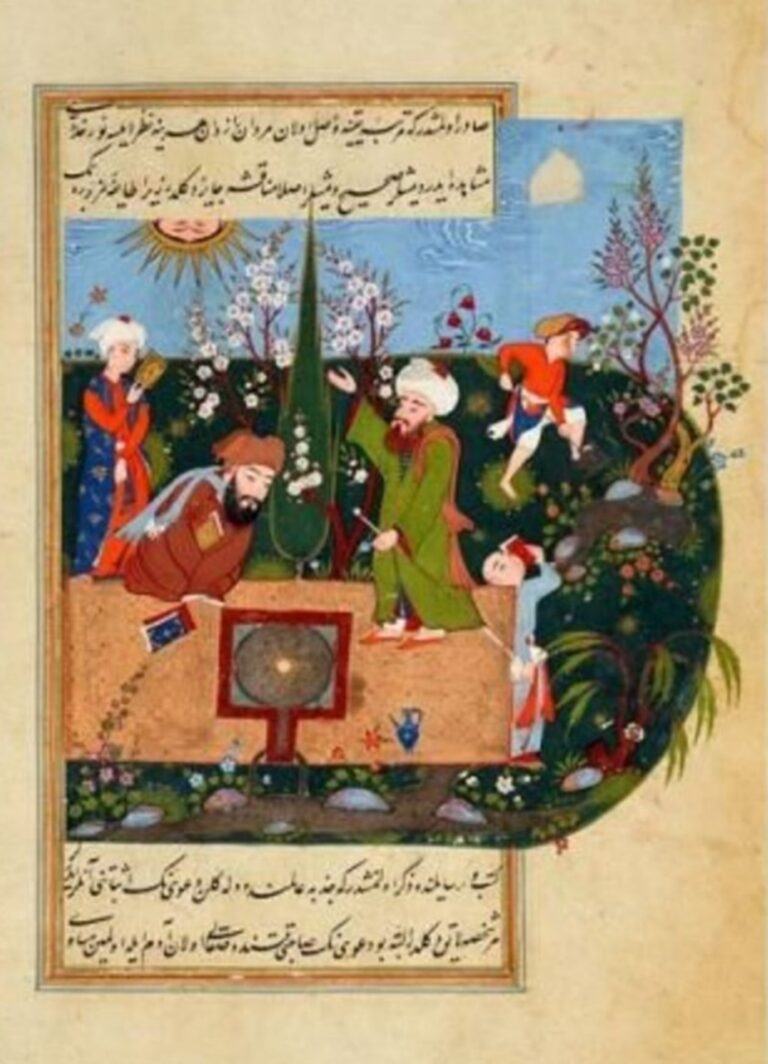The Power of Good Thoughts, Good Words, Good Deeds
You wake up, on a sunny day, brimming with energy, inspired, ready to move mountains. You spread your positivity with your friends on Facebook by posting a wise motivational quote before heading to your office. However, upon reaching your car, you discover it blocked in the parking lot, which swiftly turns your mind into a chaotic mess of grumpy thoughts. How to avoid plotting revenge against your nasty neighbor who has been doing the same thing for the third time in the past month? How to resist the urge to honk at the slow driver ahead, especially since you’re already running late?
The solution lies in emulating the example of a man who survived the horrors of a concentration camp during World War II, largely through his ability to control his thoughts: Victor Frankl. His words serve as a guiding principle in my life: ‘Between stimulus and response there is a space. In that space is our power to choose our response. In our response lies our growth and our freedom.’ We might not have control over the events that happen to us, but we can always decide how we react to them.
We cannot change our crazy neighbors (well, even if we move, there is no guarantee that the new ones will be more reasonable) or the traffic, but we always have the freedom to choose our response to external circumstances.
In a world often fraught with challenges and uncertainties, where negativity and stress seem to dominate our daily lives, there is an ancient principle that transcends cultures, religions, and ideologies—the Zoroastrian mantra of “Good Thoughts, Good Words, Good Deeds.”
Therefore, the key is simple: we must exercise the power of choice in our responses by making just three choices: first, choosing our thoughts; then our words; and finally, our actions.
The Power of Good Thoughts:
“A man is what he thinks about all day long”, wrote the poet and philosopher Ralph Waldo Emerson. “We become what we think about” is a renowned quote by author Earl Nightingale.
Everything that occurs around us reflects of our own thoughts, feelings and actions. Our thoughts are the architects of our reality, the seeds from which our actions and experiences blossom. Life consists of what we think about during the day, the stories we tell ourselves. Smile, and the world smiles with you, glare, and the world glares back. If one perceives people as hostile, it is likely because he is unwittingly frowning.”
Cultivating a mindset of positivity, gratitude, and compassion can significantly transform our lives. By choosing to focus on the positive aspects within ourselves and others, we create a ripple effect of positivity that reaches well beyond our immediate environment.
In contrast, contemporary quantum physics suggests that harboring negative thoughts and fixating on accidents, problems, and criticism only serves to energetically amplify these very issues. This forms a vicious cycle where negative thoughts manifest into reality, bringing about the very outcomes we feared or lamented.
Self-reflection enables us to become more aware of our thoughts and feelings. At times, rather than engaging in complex mindfulness practices, a simple formula – STOP might do the job in managing negative thoughts. STOP stands for ‘Silence That Opinion Promptly’. When we notice a negative thought, such as something bad that already occurred, we should promptly tell ourselves to STOP. Do not argue with it, do not analyze it – simply halt it at its’ inception, move on, and redirect your thoughts elsewhere. It is vital to recognize a negative thought immediately, before we fall into its trap. Negative thoughts are leeches, they drain energy. Our reaction only strengthens them, but by refusing to succumb, they become confused and cowardly run away.
Employing the STOP technique does not imply that we are fleeing from our problems. We just don’t allow them to paralyze us. Nor do we intend to deny our feelings. The unacknowledged feelings are our masters, the ‘offended gods’, according to Carl Jung. Disregarding them or sweeping them under the carpet out of disrespect only guarantees their return, often in the guise of psychosomatic illnesses or other manifestations.
By actively replacing negative thoughts with positive ones, we can reframe our perspective and approach challenges with resilience and optimism. Gratitude practices nourish our minds with uplifting thoughts that empower us to navigate life’s ups and downs with grace and courage.
The Impact of Good Words:
Words possess immense power—they have the ability to uplift spirits, heal and kindle hope in the darkest of nights, or to hurt, discourage, and divide. Each syllable carries the weight of possibility, shaping destinies and painting landscapes of the soul. Their power is so big that even the same single word that can make our day, has even greater power to break it, when being unspoken. By expressing gratitude, spreading positivity and choosing our words wisely and speaking with kindness and empathy, we foster harmonious relationships and create a more compassionate world.
But are we using the words appropriately?
In some cases, we use them not to convey a message, but to manipulate and hide what is really going on in our heads. As Nasim Taleb pointed out, “To fool regular people, use precise images. To fool educated, overeducated and miseducated ones, use abstract words. Highly sophisticated and non-understandable BS jargon is a great tool for masking our incompetence.
Everybody nowadays speaks wisely; we all know what the other side expects to hear. Just look at the Facebook posts, honey flows from our mouths; we are so kind and tolerant, expressing concern for butterflies in Papua New Guinea, yet we fail to connect with our brothers and sisters. Our CVs overflow with flashy terms that present us as professional, competent, diligent and responsible. Until we get that job.
The Importance of Good Deeds:
Ultimately, the true measure of our character is reflected in our actions—the tangible manifestations of our thoughts and words. While our words have power, it is our actions that shape lives. Aligning our words with our actions is called integrity. It means being responsible, reliable and accountable. It means being where you say you are going to be, and doing what you say you are going to do when you get there.
Simple actions, like controlling our temper when stuck in traffic, sharing a smile or offering a helping hand, can have a profound impact on both the giver and the recipient. No word is uttered in vain; no action can be taken away. Every gesture, no matter how minor, even the tiniest acts of kindness, leaves a mark on the universe, altering it from its previous state. Everything that has happened in the past is woven into the fabric of the future.
In the Zoroastrian tradition, performing good deeds is not merely a moral obligation but a sacred duty. Only by making good choices and practicing all elements of the holy “Good Thoughts, Good Words, Good Deeds” trinity we make positive difference in our lives. By nurturing positive thoughts, speaking with kindness and integrity, and engaging in acts of service and compassion, we sow seeds of goodness that enrich our lives and uplift humanity. We plant seeds of love, but we are the ones who flourish.
Cheers!





